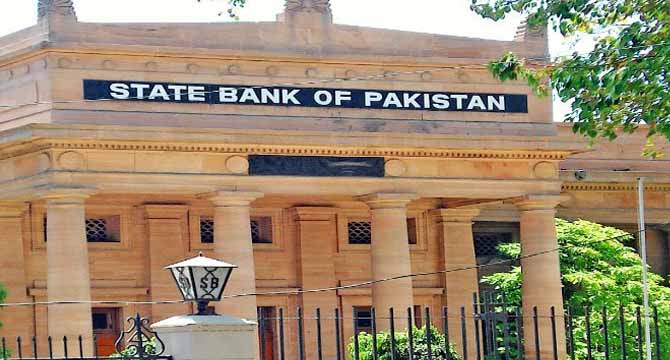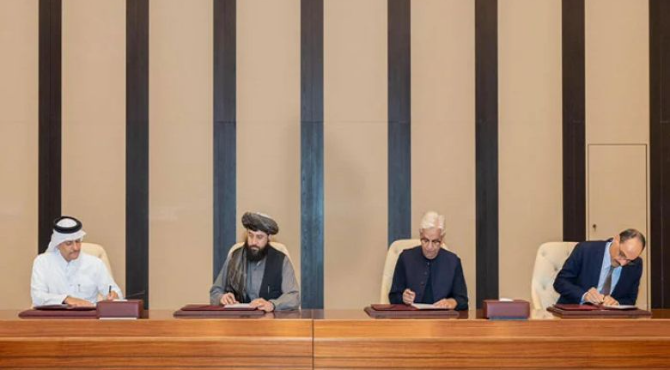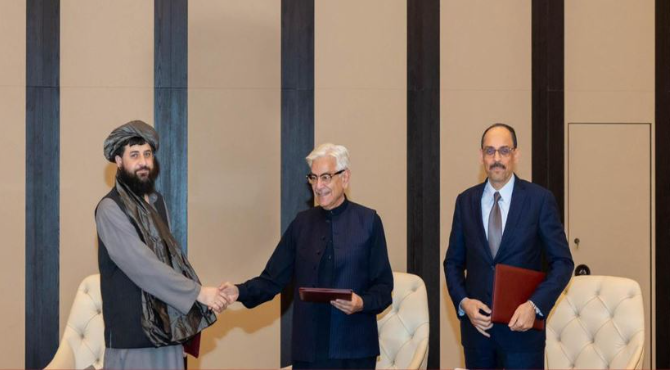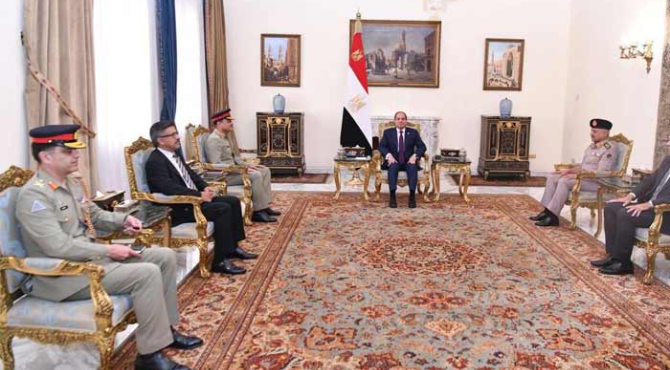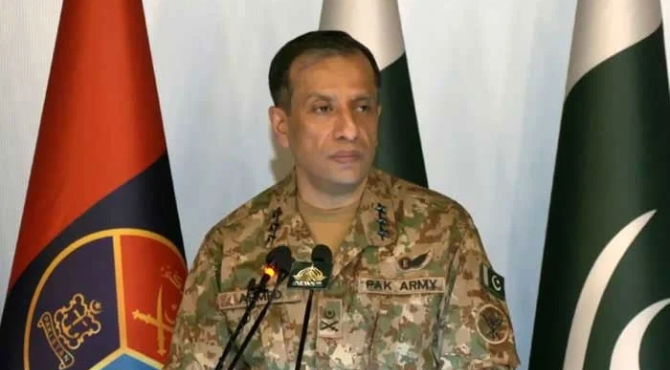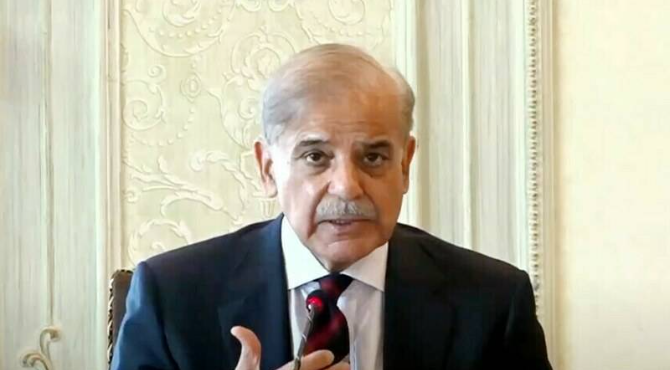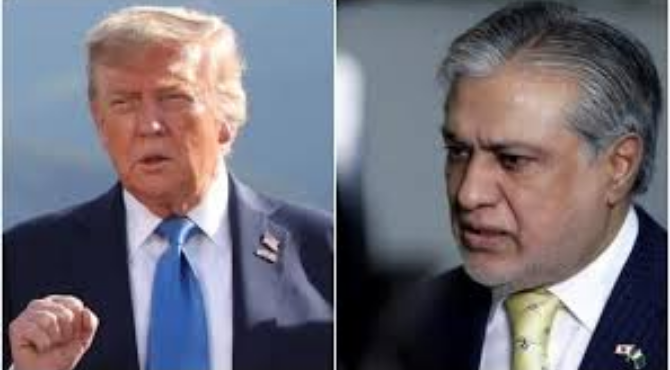KARACHI (National Times)- The State Bank of Pakistan (SBP) is scheduled to meet tomorrow (December 14) to determine the benchmark interest rate for the next one month at a time of dull economic activity, higher inflation reading and emergence of a new COVID-19 variant – Omicron.
This will be the first monetary policy meeting after Pakistan reached a staff-level agreement with the International Monetary Fund (IMF) for the sixth review on November 22, 2021.
Moreover, last month, the central bank announced that it is increasing the total number of monetary policy meetings from six per year to eight. And the upcoming meeting tomorrow is one of the two additional meetings.
According to the traditional practice, the central bank revises its policy rate up or down or keeps it unchanged about the inflation reading and economic activities.
For example, low inflation mainly leads to a reduction in the policy rate for ramping up economic activities and vice versa. Meanwhile, the rate is left unchanged at a higher level to tame inflation or on the lower side to support economic growth.
Keeping this in view, financial pundits expect the central bank’s monetary policy committee (MPC) to raise the policy rate by 100 basis points to control the soaring inflation in Pakistan.
To recall, the central bank raised the interest rate aggressively by 150 basis points last month due to risks related to inflation and the balance of payments.
An interest rate is a tool available with the central bank to control inflation, do away with the unnecessary rupee movement and give a direction to the national economy.
Arif Habib Limited in its pre-monetary policy commentary stated: “We expect SBP to remain hawkish and continue monetary tightening by raising its policy rate for the third time since the beginning of FY22 but of a lower magnitude of 100bps than the last one (150bps in November 2021) – taking the total cumulative increase in FY22 till date to 275bps.”
“With this, the revised policy rate is expected to be 9.75%,” it added.
The brokerage house mentioned that since the last monetary policy, the macros have been painting a bleak picture, “especially inflation worries rumbling more clearly than before with each passing month.”
“For the next few months, the inflation number is likely to remain in the double digits given the low base of last year,” AHL predicted.
Moreover, the global inflationary pressures can also be felt arising from international energy and commodity prices which do not look ready to subside anytime soon, it said.
Similarly, Topline Securities also said: “We expect SBP to increase the policy rate by 100-150 basis points in upcoming monetary policy tomorrow.”
“We also expect SBP to revise upwards its inflation and current account estimates,” it said, adding that Pakistan has to meet certain pre-conditions before the IMF board gives final approval for disbursement of $1 billion. Hence, many market players believe that increase in the policy rate in upcoming MPS cannot be ruled out.
Furthermore, last month the central bank had also hinted towards a further rate hike as it had stated in its statement that the MPC will continue to carefully monitor developments “affecting medium-term prospects for inflation, financial stability and growth and stands ready to respond appropriately.”
It is also pertinent to mention here that the pro-growth and business-friendly policies have resulted in a spike in imports and have mounted pressure on the rupee in recent months. The rupee had touched an all-time low of Rs177.89 against the US dollar on Monday.
Besides, the inflation reading surged to 11.5% in the preceding month, which was the highest monthly year-on-year increase since February 2020.
Moreover, the funds from the IMF are yet to be deposited as Pakistan is trying to fulfil all the conditions set by the global lender.


